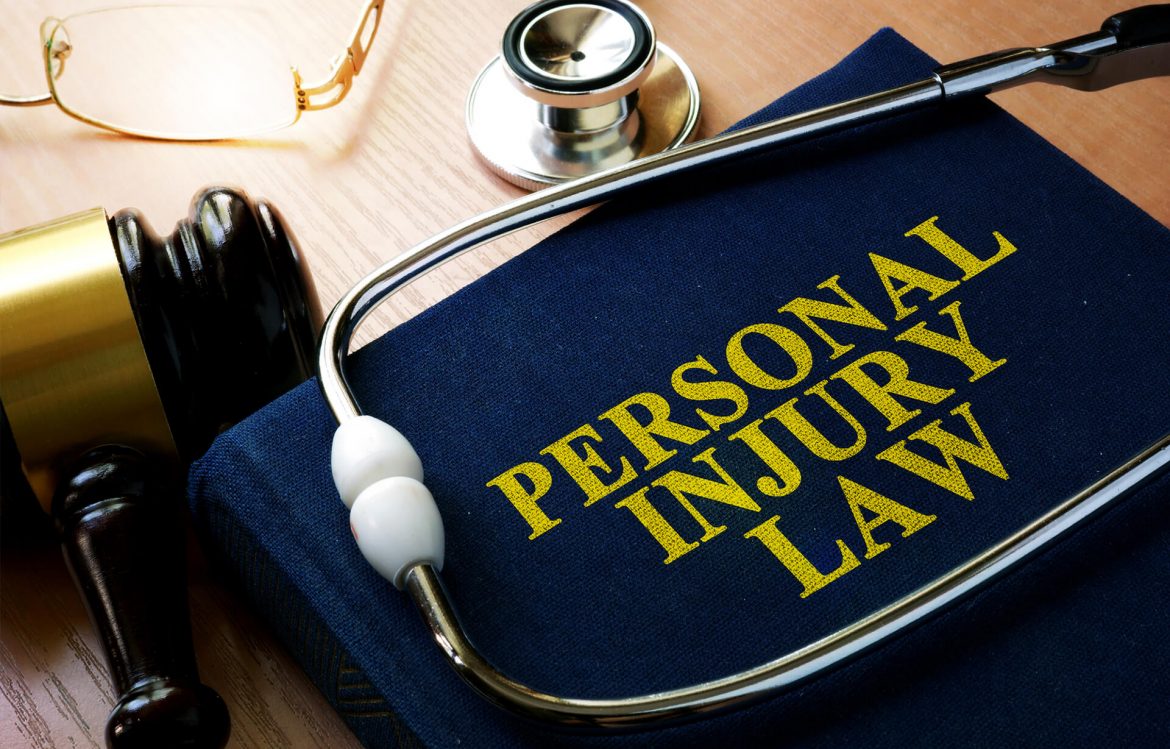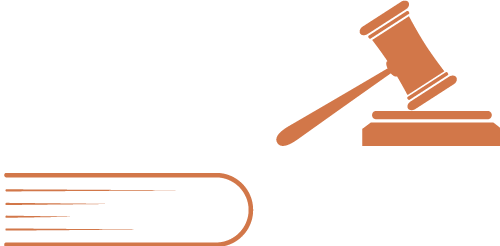Professional negligence is a specific type of negligence that applies to professionals such as doctors, solicitors, accountants, architects, and other specialists who offer services requiring a certain level of expertise. Unlike general negligence, professional negligence focuses on the failure to meet the standards expected in a particular profession. To establish a claim for professional negligence, the claimant must prove:

Professional Negligence
Professional negligence occurs when a professional fails to perform their duties to the required standard of skill and care, resulting in harm or loss to their client. Under UK law, professionals owe a duty of care to their clients, meaning they must act with the competence and diligence expected from someone in their profession. When this duty is breached and the client suffers as a result, the client may be entitled to pursue a professional negligence claim.
What is Professional Negligence?
- Duty of Care: The professional owed a duty of care to the client.
- Breach of Duty: The professional failed to meet the standard of care expected.
- Causation: The breach directly caused harm or loss.
- Damage: The client suffered a quantifiable loss as a result.
Types of Professional Negligence
Professional negligence can manifest in various forms depending on the profession involved. Some common types include:
Legal Negligence:
- It occurs when a solicitor or barrister provides substandard legal advice, mishandles a case, or fails to meet deadlines, leading to financial loss or an unfavorable legal outcome.
Medical Negligence:
- Involves healthcare professionals, such as doctors or surgeons, who fail to diagnose a condition correctly, perform a procedure negligently, or provide incorrect treatment, resulting in harm to the patient.
Financial Negligence:
- It occurs when financial advisors, accountants, or auditors provide inaccurate financial advice, make errors in financial reporting, or fail to identify risks, leading to financial loss for the client.
Architectural or Engineering Negligence:
- Involves architects, engineers, or surveyors who fail to design or supervise a construction project properly, resulting in structural defects, cost overruns, or safety issues.
Insurance Broker Negligence:
- It occurs when insurance brokers fail to secure adequate coverage for a client, misadvise on policies, or neglect to inform the client of policy terms, leading to uncovered losses.
Who Can Be Subject to a Professional Negligence Claim?
Professional negligence claims can be brought against any professional who offers expert services or advice. Common professionals who may face such claims include:
- Solicitors and Barristers: For legal malpractice or mishandling of cases.
- Doctors, Surgeons, and Other Medical Professionals: For errors in diagnosis, treatment, or surgery.
- Accountants and Auditors: For incorrect financial reporting or advice.
- Financial Advisors: For giving poor investment advice leading to financial loss.
- Architects and Engineers: For design flaws or inadequate supervision of construction projects.
- Surveyors: For incorrect property valuations or failing to identify defects.
- Insurance Brokers: For failing to arrange appropriate insurance cover.
- Consultants and Advisors in Various Fields: For providing substandard advice or services.
Who Can Be Subject to a Professional Negligence Claim?
If you believe you have suffered a loss due to professional negligence, the process for making a claim typically involves the following steps:
- Seek Legal Advice:
- Contact RKM Law to assess the merits of your case. They will help determine whether the professional owed you a duty of care, breached that duty, and caused you loss.
- Pre-Action Protocol:
- Before commencing formal legal proceedings, the parties should follow the pre-action protocol for professional negligence. This involves sending a letter of claim to the professional outlining the nature of the claim, the alleged breach, and the losses suffered. The professional then has a chance to respond.
- Negotiation and Settlement:
- Many professional negligence claims are resolved through negotiation or alternative dispute resolution (ADR) methods, such as mediation. This can be a quicker and less expensive route than going to court.
- Issuing Court Proceedings:
- If a settlement cannot be reached, you may need to issue formal court proceedings. Your solicitor will prepare the necessary legal documents and represent you in court.
- Proving Your Claim:
- During the trial, you must prove that the professional breached their duty of care and that this breach caused you loss. Expert witnesses may be called to support your case.
Likely Remedies in Professional Negligence Claims
The primary remedy in professional negligence claims is damages, which aim to compensate the claimant for the loss suffered due to the professional’s negligence. Damages can include:
- Compensatory Damages: To cover direct financial losses, such as the cost of rectifying mistakes or lost earnings.
- Consequential Damages: To cover indirect losses, such as future financial harm resulting from the negligence.
- Interest: Compensation for the time elapsed between the loss and the award of damages.
In some cases, injunctive relief may be sought, where the court orders the professional to take specific actions or refrain from certain activities.
Professional negligence claims are complex and require careful legal guidance. If you believe you have been wronged by a professional, get in touch with RKM Law for legal advice as soon as possible to protect your rights and seek appropriate compensation.
